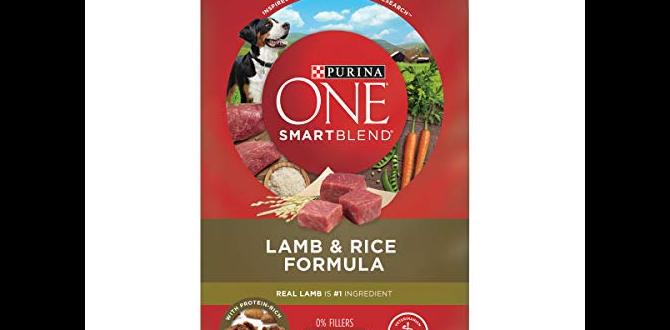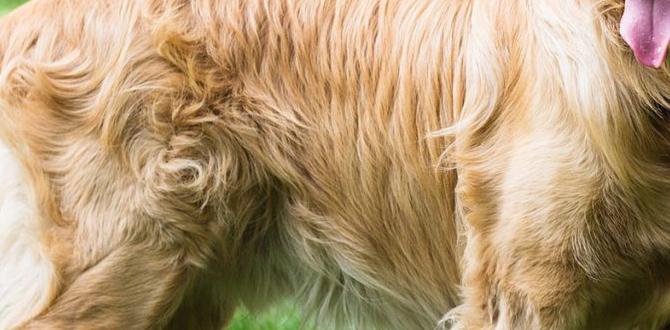Chihuahua low-calorie food: best homemade options are a fantastic way to ensure your tiny companion receives optimal nutrition while managing their weight. Chihuahuas are prone to certain health issues, and maintaining a healthy weight is paramount in preventing or mitigating these concerns. While commercially available low-calorie dog foods exist, crafting your own allows for complete control over ingredients, freshness, and tailoring recipes to your specific dog’s needs and preferences. This approach empowers you to avoid fillers, artificial additives, and excessive sodium often found in store-bought options.
Understanding Chihuahua Nutritional Needs
Before diving into recipes, it’s essential to understand what makes a diet suitable for a Chihuahua. These small dogs have a fast metabolism and require nutrient-dense food that won’t contribute to unnecessary calorie intake. Key components of a healthy diet include lean protein, moderate healthy fats, and digestible carbohydrates. Protein is crucial for muscle maintenance and repair, while healthy fats provide energy and support skin and coat health. Carbohydrates offer readily available energy.
For weight management, the focus shifts to lean protein sources and controlled portions of complex carbohydrates. Avoid fatty meats, excessive oils, and simple sugars. Remember, even healthy ingredients can contribute to weight gain if given in large quantities. Consulting with your veterinarian is always the first step when making significant dietary changes for your pet, especially if they have underlying health conditions. They can help you determine your Chihuahua’s ideal caloric intake and provide guidance on safe ingredients.
The Benefits of Homemade Low-Calorie Dog Food for Chihuahuas
Opting for low-calorie homemade dog food for chihuahuas offers several distinct advantages. Firstly, you have complete transparency regarding ingredients. This is particularly beneficial if your Chihuahua has sensitivities or allergies. You can meticulously select lean meats like chicken breast, turkey, or lean ground beef, and combine them with easily digestible vegetables like sweet potatoes, green beans, and carrots.
Secondly, homemade diets allow you to control the fat content precisely. Many commercial dog foods, even “light” versions, can still be higher in fat than is ideal for a small breed prone to weight gain. By preparing meals yourself, you can ensure minimal added fats, relying on the natural fats present in lean proteins.
Thirdly, by avoiding processed ingredients, you eliminate artificial colors, flavors, and preservatives, which can sometimes trigger adverse reactions in sensitive dogs. This natural approach can lead to improved digestion, shinier coats, and increased energy levels. Finally, for Chihuahuas with picky eating habits, a homemade diet can be customized to appeal to their individual taste preferences, making mealtime a joy rather than a struggle.
Essential Components of a Low-Calorie Chihuahua Diet
When formulating low-calorie homemade dog food for chihuahuas, consider these building blocks:
Lean Protein: Chicken breast (boneless, skinless), turkey breast, lean ground turkey, lean ground beef (90% lean or higher), fish like salmon (cooked, deboned). These are excellent sources of essential amino acids.
Digestible Carbohydrates: Sweet potatoes (cooked and mashed), brown rice (cooked and cooled), quinoa (cooked and cooled), oats (plain, cooked). These provide sustained energy without excessive calories.
Vegetables: Green beans (steamed or boiled), carrots (cooked or raw, finely chopped), broccoli (steamed, in moderation), spinach (cooked, in moderation). These add fiber, vitamins, and minerals.
Healthy Fats (in moderation): A small amount of fish oil or flaxseed oil can be beneficial for skin and coat health, but use sparingly.
What to Avoid in Homemade Chihuahua Food
Just as important as knowing what to include is understanding what to exclude from your Chihuahua’s homemade diet:
Fatty Meats: Pork, lamb, duck, or chicken with skin and dark meat can be too high in fat.
Bones: Cooked bones are brittle and can splinter, posing a choking hazard or internal injury risk.
Onions, Garlic, and Chives: These are toxic to dogs and can cause red blood cell damage.
Grapes and Raisins: These are highly toxic and can lead to kidney failure.
Avocado: Contains persin, which can cause vomiting and diarrhea.
Chocolate: Contains theobromine, which is toxic to dogs.
Xylitol: An artificial sweetener found in some human foods; it is extremely toxic to dogs.
Excessive Salt and Spices: Can be harmful to a dog’s digestive system and overall health.
Dairy Products: Many dogs are lactose intolerant and can experience digestive upset.
Processed Foods and Starches: White rice, pasta, and bread are often found in commercial foods but offer fewer nutrients and can contribute to weight gain.
Simple Homemade Low-Calorie Recipe Ideas for Chihuahuas
Here are a few versatile recipe ideas you can adapt. Always ensure all ingredients are cooked thoroughly and cooled before serving. Portion sizes should be determined in consultation with your veterinarian based on your dog’s individual needs.
Recipe 1: Lean Chicken & Sweet Potato Medley
Ingredients:
1 cup cooked, shredded boneless, skinless chicken breast
1/2 cup mashed cooked sweet potato
1/4 cup steamed chopped green beans
1 tablespoon cooked brown rice (optional, for added fiber)
1/2 teaspoon fish oil (optional, consult vet)
Instructions: Combine all ingredients in a bowl. Mix thoroughly. This can be served as a complete meal.
Recipe 2: Turkey & Carrot Delight
Ingredients:
1 cup cooked lean ground turkey
1/2 cup finely grated cooked carrots
1/4 cup cooked quinoa
1 tablespoon finely chopped cooked spinach (optional)
Instructions: Mix all ingredients together until well combined. Ensure the carrots are cooked until tender.
Recipe 3: Beef & Veggie Mash
Ingredients:
1 cup cooked lean ground beef (90% lean or higher)
1/2 cup mashed cooked pumpkin (plain canned pumpkin, not pie filling)
1/4 cup steamed chopped broccoli florets
1 tablespoon cooked oats
Instructions: Gently mix all ingredients. The pumpkin adds fiber and moisture.
Important Considerations for Homemade Diets
Portion Control: This is critical for weight management. A general guideline is 20-30 calories per pound of ideal body weight, but your vet can provide a precise number.
Nutrient Balance: While these recipes offer a good starting point, continuously feeding only one combination might lead to nutrient deficiencies over time. Rotating ingredients and consulting a veterinary nutritionist can ensure a balanced diet.
Storage: Homemade food doesn’t contain preservatives, so it has a shorter shelf life. Store prepared meals in airtight containers in the refrigerator for 2-3 days or freeze in portion-sized containers for longer storage.
Transitioning: When introducing any new food, do so gradually over 7-10 days, mixing a small amount of the new food with the old to prevent digestive upset.
Veterinary Consultation: This cannot be stressed enough. Always discuss your homemade diet plans with your veterinarian to ensure it meets your Chihuahua’s specific nutritional requirements and health status.
By taking a proactive approach to your Chihuahua’s diet and embracing the possibilities of low-calorie homemade dog food for chihuahuas, you can significantly contribute to their long-term health and well-being, ensuring your beloved companion enjoys a happy and active life.
Meet Elyse Colburn, the devoted canine companion and storyteller behind the enchanting world of “Tales, Tails, and Adventures Unleashed.” A passionate dog enthusiast with a heart full of paw prints, Elyse Colburn shares heartwarming tales and insightful adventures, celebrating the joy, loyalty, and endless antics that make every dog a true hero. Join Elyse Colburn on this tail-wagging journey, where every post is a love letter to our four-legged friends.



